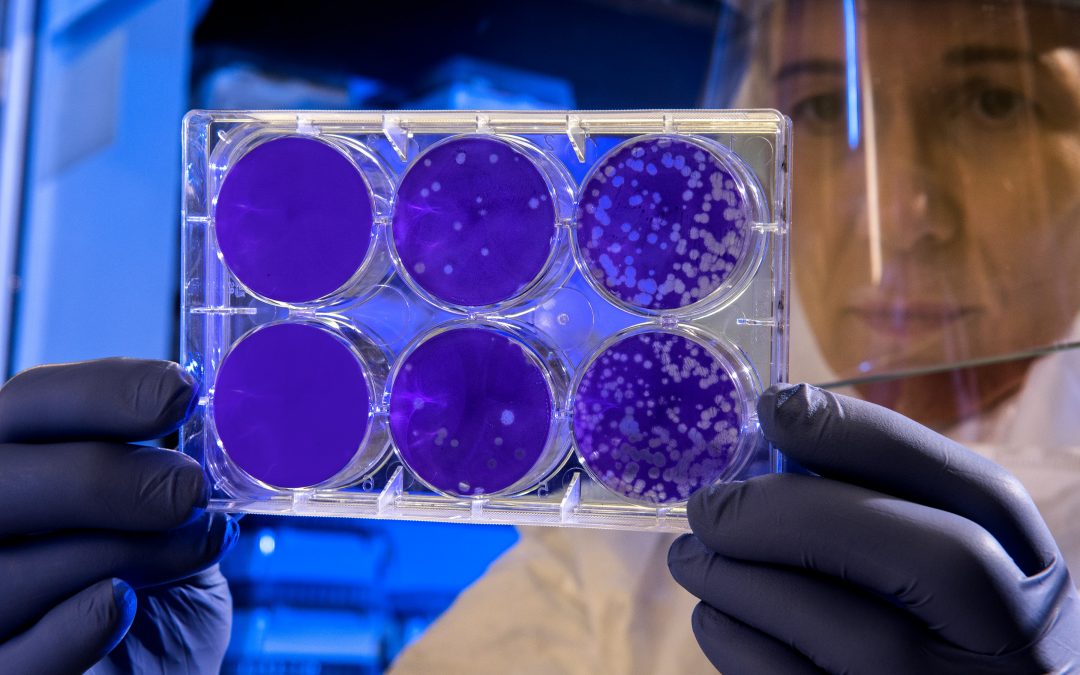This week, Embrace Fertility’s lead fertility doctor Professor Louise Hull was cited in a published paper she contributed to about how endometrial epithelial receptivity is regulated at the luminal epithelial surface for embryo implantation.
The study found Podocalyxin (PCX), a transmembrane protein, was identified as a key negative regulator of endometrial epithelial receptivity; specific downregulation of PCX in the luminal epithelium in the mid-secretory phase, likely mediated by progesterone, and may act as a critical step in converting endometrial surface from a non-receptive to an implantation-permitting state.
Endometrial epithelial receptivity is vital for the initiation of embryo implantation; however, the underlying mechanisms are poorly understood.
A key finding was that PCX is expressed at the apical surface of all epithelial and endothelial cells within the endometrium, but it is acutely and selectively downregulated in the luminal epithelium from the mid-secretory phase coinciding with the establishment of receptivity.
You can read the full study here: How is endometrial epithelial receptivity, particularly adhesiveness, regulated at the luminal epithelial surface for embryo implantation in the human

